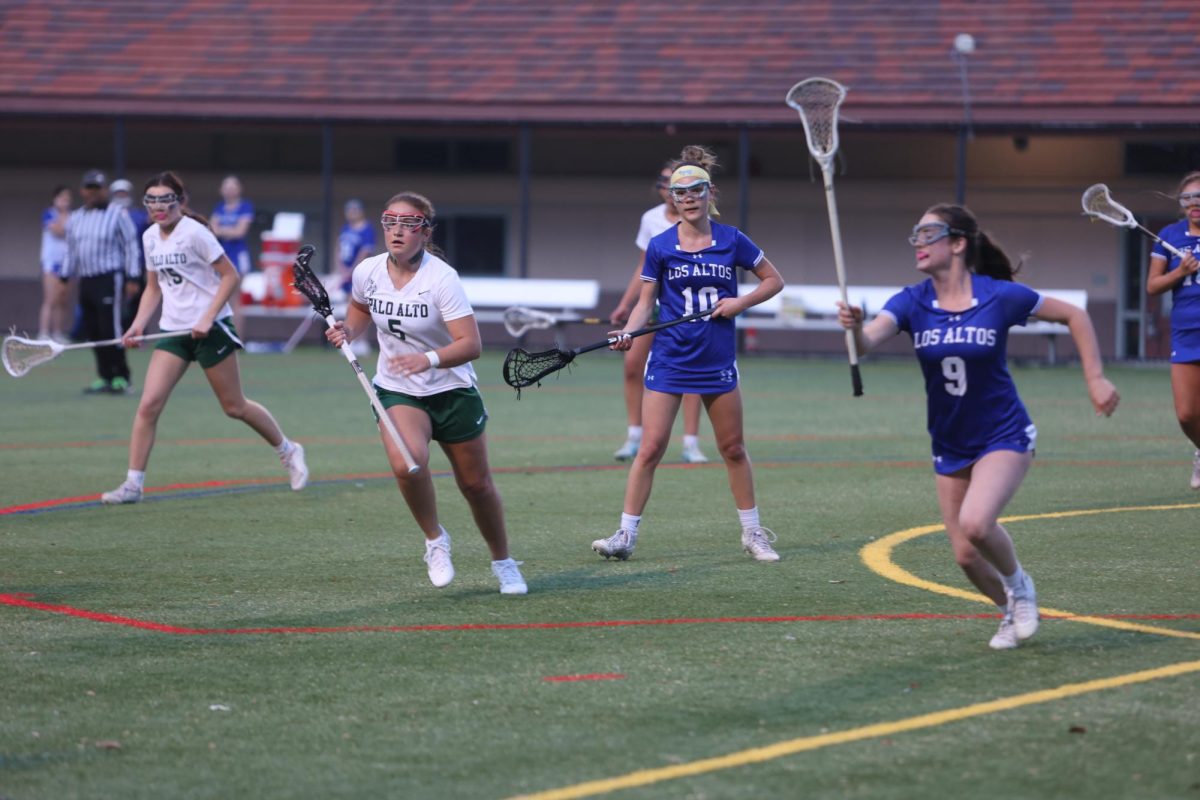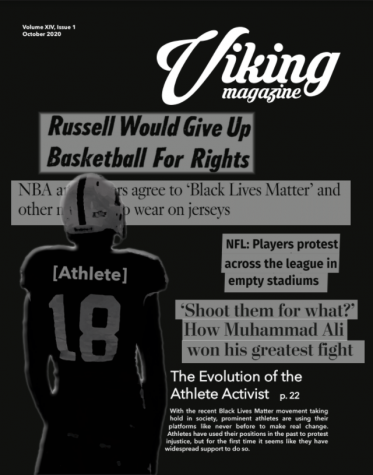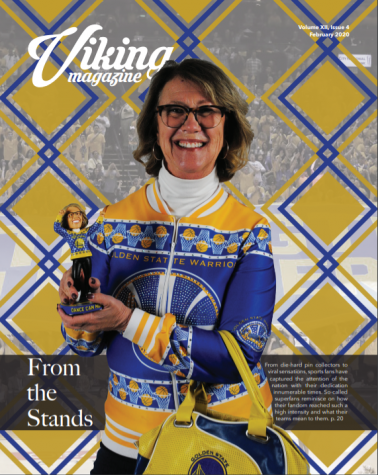Smack Talk
Wesley Woo (’15) goes for a 50-50 ball against a Homestead Mustang player. The Vikings went on to win 1-0.
October 20, 2015
We all remember Richard Sherman’s infamous interview after the 2014 NFC Championship game, where he personally called out Michael Crabtree on national television. What sports fan could forget Michael Jordan shooting free-throws with his eyes closed to spite Dikembe Mutombo? These top-tier athletes performed a tactic commonly known as smack talk. Smack talk is defined by the Webster dictionary as “disparaging, taunting, or boastful comments especially between opponents trying to intimidate each other”.
This tradition has been around as long as sports themselves, but the term came about in the 1990s. In fact, the commonly known term “Ball Don’t Lie” originates from Rasheed Wallace, who is the all-time record holder for technical fouls in the National Basketball Association (NBA), in a smack-talking frenzy that resulted in his expulsion from the game.
Smack talk occurs on all levels of sports, from professional, to college, to high school. It isn’t uncommon to see major sports brands like Nike revere smack talk, almost making it seem like an essential part of the game. Joe Lapchick, the founder of the Center for the study of Sport in Society, says that trash talk has historically given athletes a mental edge over their opponents.
Psychologists studying sports may argue that trash-talking is ineffective and often affects the athlete’s performance, but nonetheless, it will continue to occur in all level of athletics. According to sports psychologist Eric Stevens, sports fans “ love a winner and if trash talking comes with it, or if winning results because of the trash talk, we not only tolerate it, we relish it.”
“I think we see it more in the NFL level. The people who do it in high school are the ones who are not self confident” head football coach Jake Halas said. “The guys that I see do it (smack talk) in the high school level, are the guys that can’t play”.
Smack talk can take various forms depending on the game being played, but no matter the sport, the ultimate goal is to get your opponent to lose their focus on the game. In football the smack talk tends to be more harsh and personal because the game is more violent and head to head. While in sports like golf and track, smack talk is virtually non existent. Even here at school, the Palo Alto Viking athletes are very familiar with this special art form.
“There’s not much smack talk in track, sometimes the sprinters talk [smack] before races to try and intimidate you, but it doesn’t really affect me because you just zone it out,” sprinter Thorin Haussecker (‘17) said.
While some light smack talk is tolerated by referees, players have to be careful to keep it quiet and or else they could receive a penalty or ejection from a game.
“Most of the trash talking in the NFL is not seen. Most of the trash talking happens when the players aren’t looking at each other or else it’s a straight up flag.” said Halas.
“The refs allow some light talking back and forth, but if it gets too heated or certain language is used then they’ll throw a flag or even eject people from the game” an anonymous football player said.
Smack talk takes different forms in every sport at every level, whether is subtle or obvious it is part of sports.











